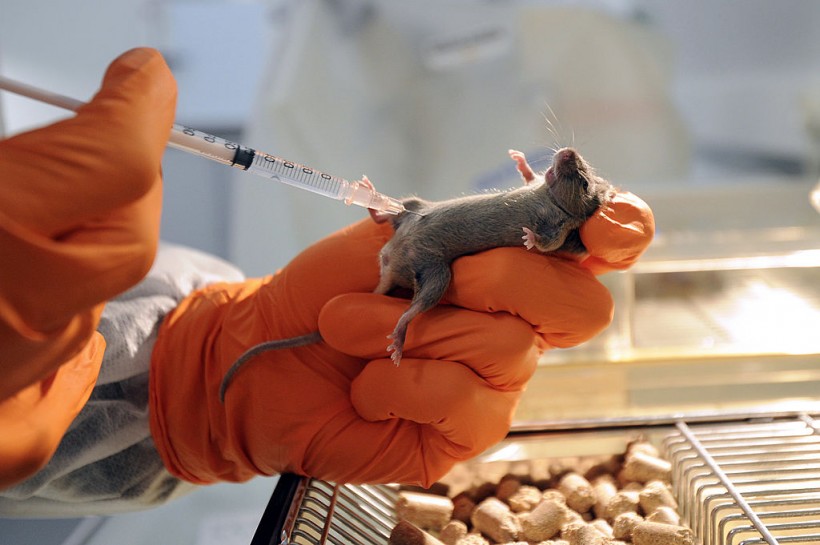Experts from California recently showed they could partly reset mice cells to reverse the aging process using four molecules called Yamanaka transcriptions factors.
As indicated in a Mail Online report, in a promising approach to achieve eternal youth, scientists have been able to reverse the aging process in middle-aged and elderly mice using a "cellular rejuvenation technique."
After injecting the molecules into mice of different ages, the kidneys and skin of the animals exhibited promising signs of rejuvenation, while their skin cells showed a greater ability to proliferate. They were also less likely to form permanent scars.
The study authors said their safe treatment could someday help humans "wind back their biological clock," decreasing cancer and cardiovascular disease risks.
ALSO READ: Scientists Uncover Approach That Could Reverse Age-Related Vision Loss

After injecting the molecules into mice of different ages, the kidneys and skin of the animals exhibited promising signs of rejuvenation, while their skin cells showed a greater ability to proliferate.
Yamanaka Transcription Factors
Based on the findings from the study published in Nature Aging, a treatment period of seven and ten months may be needed to ward off the unwanted side effects of aging.
According to the study's co-corresponding author Juan Carlos Izpisua Belmonte, a professor at the Salk Institute, San Diego, California, the technique is both "safe and effective in mice."
He added they are elated that "we can use this approach" through the life span to slow down aging in normal animals.
On top of tackling age-related illnesses, this method may offer the biomedical community a new mechanism to restore tissue and organismal health by enhancing cell function and resilience in various disease conditions like neurodegenerative diseases.
The Yamanaka transcription factors were originally established over 15 years ago by Dr. Shinya Yamanaka, a Nobel Prize-winning Japanese scientist.
Embryonic Stem Cells
Dr. Yamanaka found that by adding four gene-regulating proteins to cells, they could be reprogrammed to go back to a younger and far more flexible form, also known as the "embryonic stem cells."
Essentially, these cells can become all cell types of the body as they are pluripotent; for example, they can give rise to many different types of cells.
In a separate report from Mail Online, it was specified that in 2016, for the first time, Izpisua Belmonte's lab at the Salk Institute reported that they could use the Yamanaka factors to "counter the signs of aging" and escalate life span in mice with a premature aging illness.
Nevertheless, in their new research, the authors pointed out that the impacts of longer-term partial reprogramming in physiological aging wild-type mice are unidentified. To explore this, the researchers tested differences in cellular rejuvenation methods in healthy animals as they aged over long periods.
No Adverse Effects Observed
According to Pradeep Reddy, a study author also from the Salk Institute, they wanted to establish that using the method for a longer span of time is safe. He added they did not see any adverse effects on these animals' behavior, health or body weight.
Essentially, youthfulness was observed in animals that underwent treatment for seven to 10 months in Yamanaka factors, but not those treated for only a month.
What's more, the impacts were not yet as evident when the treated animals were examined midway through their treatment.
This then suggests that the treatment is not merely stopping aging, although actively turning it backward, even though there's a need for more research to differentiate the two.
The researchers are currently planning a future study to find out specific molecules and genes are changed by long-term treatment using Yamanaka factors and developing new ways of delivering the factors.
Related information about reversing aging in mice is shown on TIME's YouTube video below:
RELATED ARTICLE: Exercise for Graceful Aging: Harvard Research Shows How Physical Activity Helps With Longevity
Check out more news and information on Aging in Science Times.














